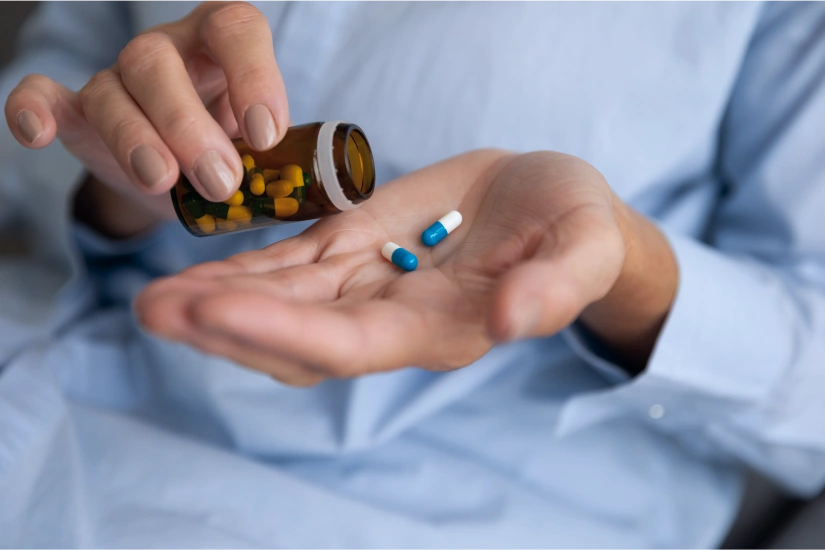24/7 Helpline:
(866) 899-221924/7 Helpline:
(866) 899-2219
Learn more about PTSD Rehab centers in Williamstown
PTSD Rehab in Other Cities

Other Insurance Options

Providence
Beacon

UMR

Regence

BHS | Behavioral Health Systems

Health Partners

Private insurance

Excellus

UnitedHealth Group

Premera

United Health Care

CareFirst

Absolute Total Care

Magellan Health

Sutter

Magellan

Amerigroup

Health Choice

GEHA

Anthem

NorthKey Community Care
NorthKey Community Care - Barnes Road provides mental health services based in research and integrat...

Awareness and Discovery
Awareness and Discovery offers services for individuals with substance abuse and behavioral health i...


Region IV Mental Health Services
Region IV Mental Health Services is a private rehab located in Corinth, Mississippi. Region IV Menta...

Magnolia Regional Crossroads Mental Health Services
Magnolia Regional Crossroads Mental Health Services is a private rehab located in Corinth, Mississip...






















Choices
Choices is a private rehab located in Corinth, Maine. Choices specializes in the treatment of Mental...

Region IV Mental Health Services – Chemical Dependency Complex
Region IV Mental Health Services – Chemical Dependency Complex is a public rehab located in Corinth,...



















































